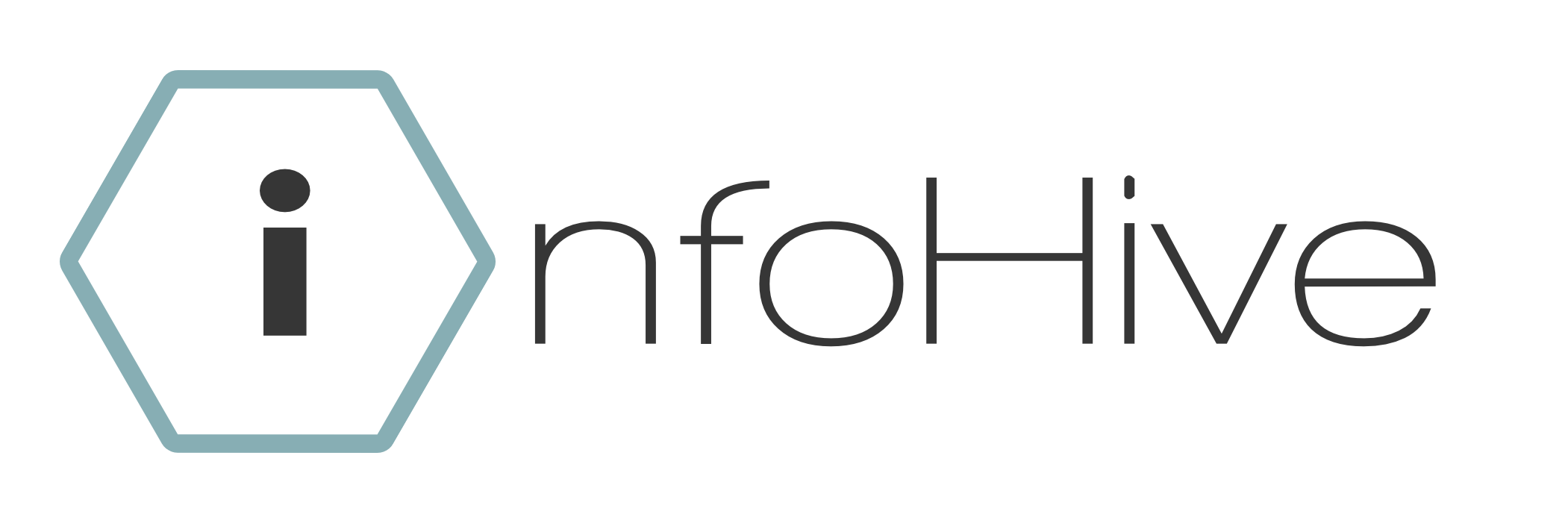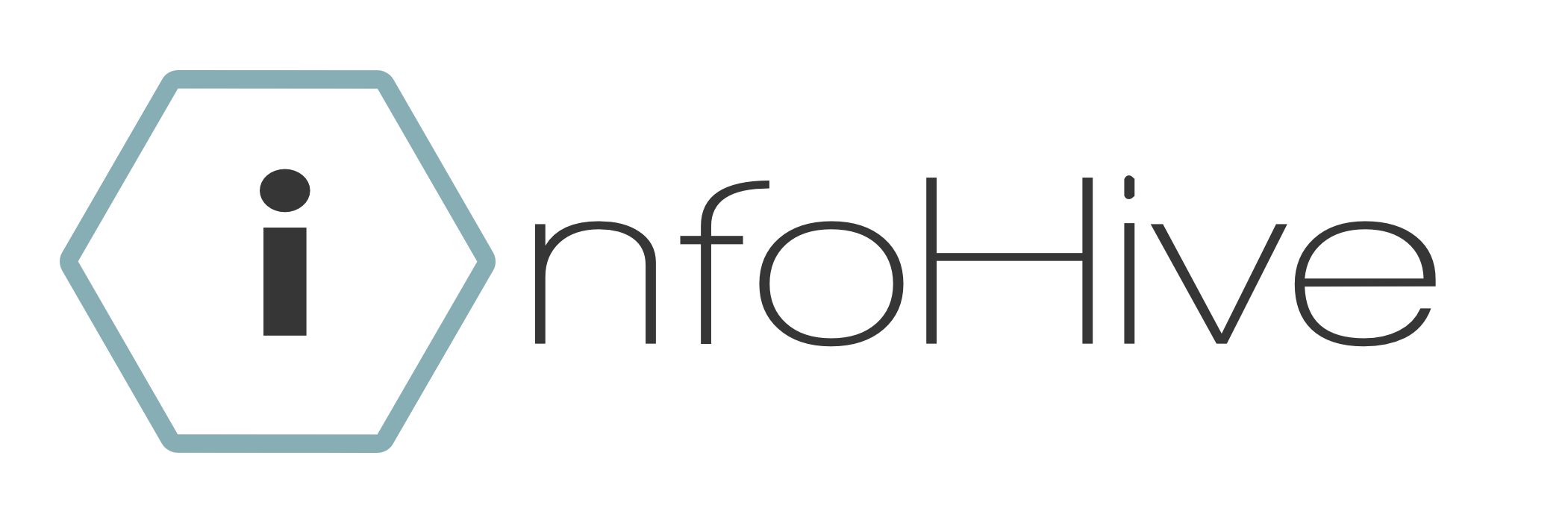Topics
Cybersecurity & Tech

Cybersecurity & Tech
defining a.i.
Is there a consistent statutory definition of artificial intelligence? No, of course not, can elected officials agree on the color of the sky anymore? So let’s look at 6 different a.i. definitions:
Connecticut SB 1103: An “artificial system that ‘performs tasks under varying and unpredictable circumstances without significant human oversight or can learn from experience and improve such performance when exposed to data sets.”
Louisiana SCR 49: It “combines computer science and robust datasets to enable problem-solving measures directly to consumers.”
North Dakota HB 1361: “Personhood” does not include “artificial intelligence.”
Rhode Island H 6423: It includes “computerized methods and tools, including, but not limited to, machine learning and natural language processing, that act in a way that resembles human cognitive abilities when it comes to solving problems or performing certain tasks.”
Texas HB 2060: Systems capable of “perceiving an environment through data acquisition and processing and interpreting the derived information to take an action or actions or to imitate intelligent behavior given a specific goal and learning and adapting behavior by analyzing how the environment is affected by prior actions.”
The National Artificial Intelligence Initiative Act of 2020 sought to define AI, describing it as “a machine-based system that can, for a given set of human-defined objectives, make predictions, recommendations or decisions influencing real or virtual environments,” according to the federal law, which was enacted Jan. 1, 2021.
Route Fifty | What is artificial intelligence? Legislators are still looking for a definition.

Thank you for subscribing to our newsletter.
Great things are just around the corner!